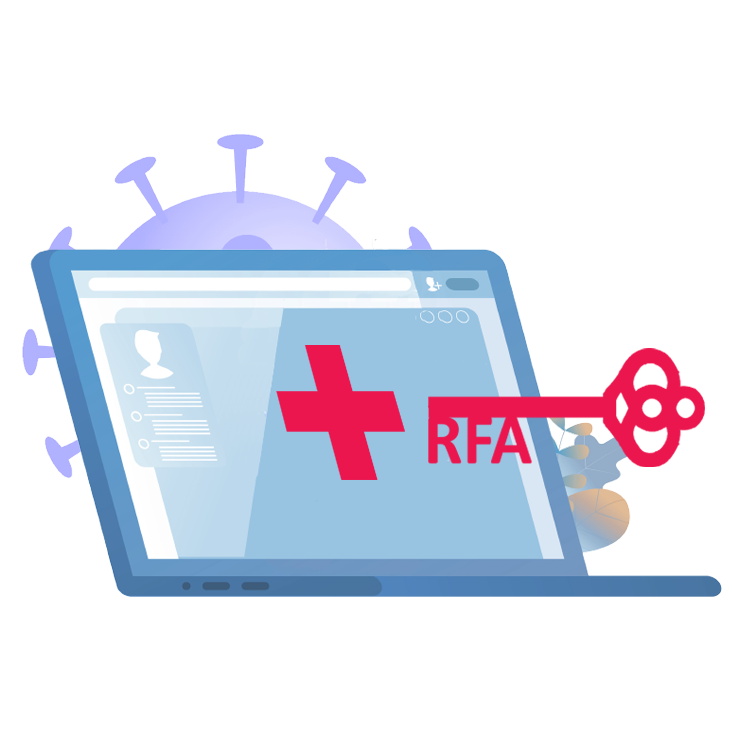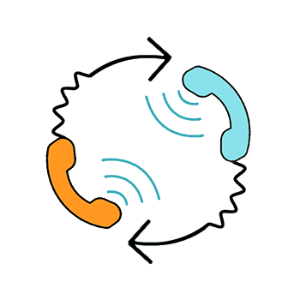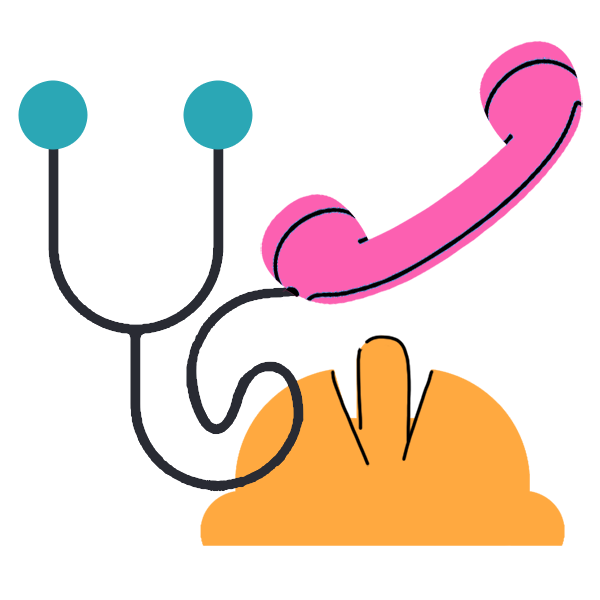Telehealth Cheat Sheet: California Providers' Guide

For providers, COVID-19 has necessitated rapid shifts in healthcare delivery. Suddenly, telehealth is critical to continuing treatment while maintaining social distance and helping the state to “flatten the curve.”
As if the logistical challenges of this pivot aren’t daunting enough, keeping up with constantly shifting rules and regulations is yet another drain on provider time and resources. To help, we’ve created a simple “cheat sheet” for California providers, featuring the most important regulatory must-knows for workers’ compensation, Medicare, and private insurance plans.
Edit 5/14/2020: On 5/7/2020 the California Division of Workers’ Comp Administrative Director, George P. Parisotto, issued a new Order retroactively changing the reimbursement calculation for telehealth services. Some of the information on this page may not be correct, depending on the date of service. For the latest reimbursement rules, consult the latest Administrative Orders here and check our dedicated COVID-19 page for updates.
Telehealth Current Rules & Regulations
The following guide is an easy reference regarding telehealth rules for:
- California workers’ comp
- Medicare
- California private health insurers
For each category, the guide provides information and linked resources regarding key areas of telehealth and telehealth billing. This includes technical audio/visual requirements, billing instructions, authorization requirements, and more.
Of particular note are certain COVID-19-specific modifications to HIPAA requirements, applicable to Medicare and private insurance during the national public health emergency (HIPAA requirements do not apply to California workers’ compensation).
We invite providers to refer to this guide when establishing and billing for telehealth services.
CA Workers’ Compensation (Physician Services) Telehealth
Date of Service |
DOS From 4/15/2020 |
Telehealth Services Allowed |
Medicare List of Telehealth Services, including Code Status: Temporary Addition for PHE Codes |
CMS 1500 Billing Form Box 24B (Place of Service Code) |
Location at which provider normally treats patients |
Modifier |
Modifier 95 |
Facility or Non-Facility Reimbursement |
|
Technical Requirements |
|
Authorization Requirements |
Utilization review required for every medical treatment in California workers’ compensation system. |
Other Applicable Regulations, Orders, and Notices |
California Physician Services: Orders of Administrative Director - Effective April 15, 2020 |
Medicare Telehealth
Date of Service |
DOS From 3/01/2020 |
Telehealth Services Allowed |
Medicare List of Telehealth Services, including Code Status: Temporary Addition for the PHE Codes |
CMS 1500 Billing Form Box 24B (Place of Service Code) |
Location at which provider normally treats patients |
Modifier |
Modifier 95 |
Facility or Non-Facility Reimbursement |
Non-Facility Reimbursement |
Technical Requirements |
Video Connection Required |
HIPAA modifications during COVID-19 Nationwide Public Health Emergency |
Penalties waived for good-faith provision of telehealth during COVID-19 emergency |
CA Health Insurers Telehealth
Date of Service |
DOS From 3/30/2020 |
Telehealth Services Allowed |
All medically necessary health care, when clinically appropriate |
CMS 1500 Billing Form Box 24B (Place of Service Code) |
Contact insurer for instructions |
Modifier |
Contact insurer for instructions |
Facility or Non-Facility Reimbursement |
Requires parity between in-person and telehealth reimbursement |
Technical Requirements |
Video Connection or Telephonic Service Permitted |
HIPAA modifications during COVID-19 Nationwide Public Health Emergency |
Penalties waived for good-faith provision of telehealth during the COVID-19 emergency |
Authorization Requirements |
Authorizations to receive online, video, or telephone services to be given verbally, as long as cost-sharing is clearly disclosed. |
Other Applicable Regulations, Orders, or Notices |
Ricardo Lara, California Insurance Commissioner March 30, 2020 Notice |
As updates to telehealth rules and best practices emerge, we’ll keep our readers updated here on the blog, and through our regular free webinars — including our two most recent:
- 4/15 Updates to Telehealth for California - Workers’ Comp
- 4/07 Telehealth for California: Medicare, Health Insurers, and Workers’ Comp
For more on telehealth rules for Medicare, California health insurers, and California workers’ compensation, look through the free resources available on our COVID-19 page.
FREE TELEHEALTH RESOURCES
DaisyBill provides content as an insightful service to its readers and clients. It does not offer legal advice and cannot guarantee the accuracy or suitability of its content for a particular purpose.



